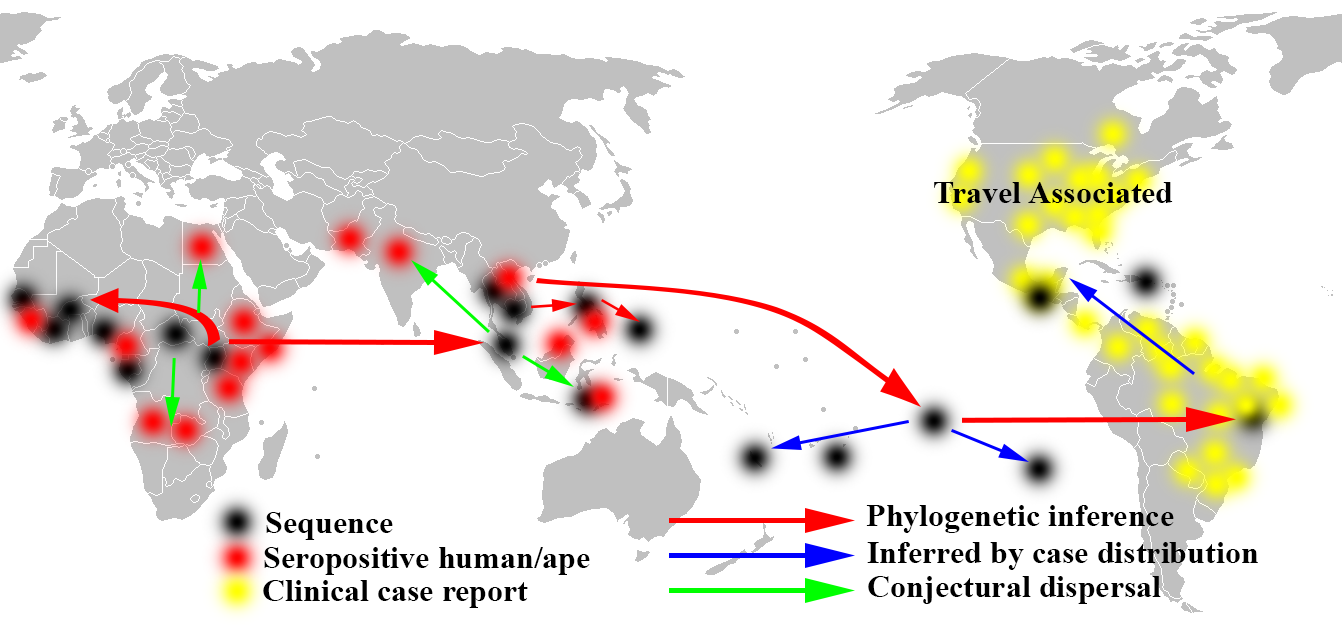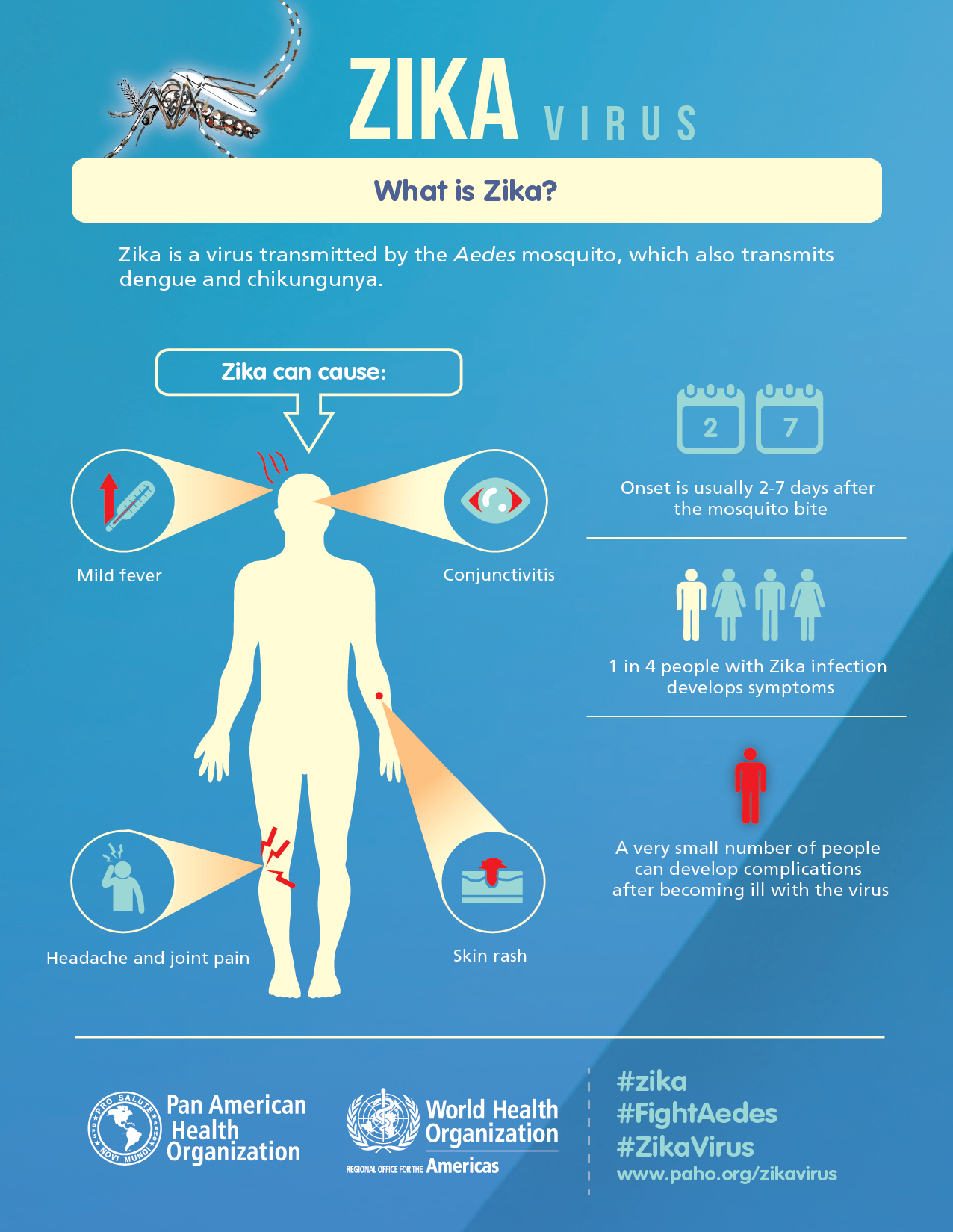A UN Expert Gave Us the Blunt Truth About Zika Virus

By:
The continued pandemic of the Zika virus has caused growing concern among doctors and medical organizations worldwide. The immediate concern is the possibility that the virus is spreading among pregnant women and causing the neurodevelopmental disorder microcephaly in their infants. There is also the possibility that the virus is being transmitted sexually as well as through mosquitos although supporting evidence has been very slim.
ATTN: had a chance to speak with Jaime Nadal Roig of the United Nations Population Fund about what experts really know so far about Zika virus.

“This situation is something very new,” he admitted during a conference call last week hosted by the UN. “The increasing number of microcephaly was observed in August, September 2015 and it was in October when the alarm was raised because of the very significant number of cases.”
As such, the UN is currently working with the Pan American Health Organization, the World Health Organization, and the United Nations Population Fund to assist in providing health information, family planning, and reproductive health services necessary to combat the spread of infections in various countries across Latin America and the Caribbean that have reported cases of Zika infection. That number rose from 22 to a total of 28 countries in the Americas with cases of Zika infection last week.
 AP/Felipe Dana - apimages.com
AP/Felipe Dana - apimages.com
“The public health emergency is not around Zika,” said Dr. Ian Askew of the World Health Organization. “It’s around the cluster of cases of microcephaly and other neurological disorders in the context of the Zika outbreak. I think we have to be very clear of what the emergency actually is.”
“Brazil is the only country reporting microcephaly,” adds Dr. Marcos Espinal, a representative with the Pan American Health Organization, which confirmed the first Zika virus infection in Brazil in May of last year. “As of this week, the total reported is 4,800 cases of microcephaly. Brazil has ruled out several cases... but have confirmed others. Most of the cases are under investigation.”
Why doctors and researchers are interested in Colombia.
Doctors and researchers have yet to find a direct link between microcephaly and the Zika virus but hope that research in Colombia will help in that regard. Doctors in Colombia are currently tracking 2,000 pregnant women who have been infected with Zika virus.
 Kyle Hamar - WikiCommons
Kyle Hamar - WikiCommons
“The expectation is that Colombia will have half a million cases of Zika virus infection,” Espinal said. “If Zika is proven to be the cause, then we should expect to see cases of microcephaly in Colombia by June 2016.”
What are the symptoms of Zika virus?
 World Health Organization - paho.org
World Health Organization - paho.org
One of the difficulties in tracking the Zika virus and infected persons is the lack of and weakness of the symptoms. Typically, only one in four cases of infected persons show symptoms of the virus. The symptoms tend to be very mild and go away after a few days though they have no cure. This is why it’s especially important for expecting couples/women and couples/women who hope to or are currently planning on becoming pregnant and living in areas of known infection to take the necessary precautions against the virus.
The WHO recently announced a Global Response Plan to assist medical professionals in countries affected by Zika in the proper detection and identification of the virus as well as providing the necessary care to individuals infected by it.
